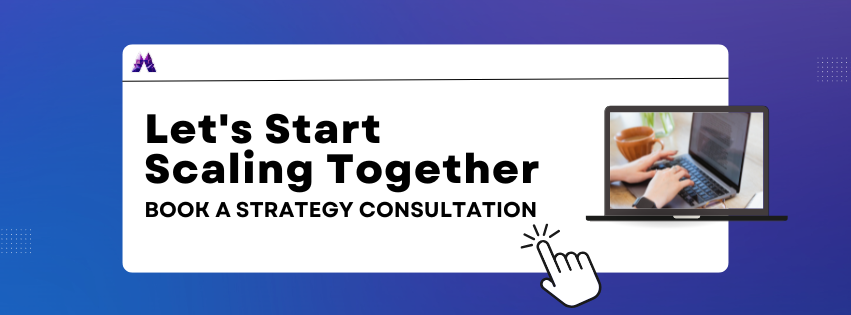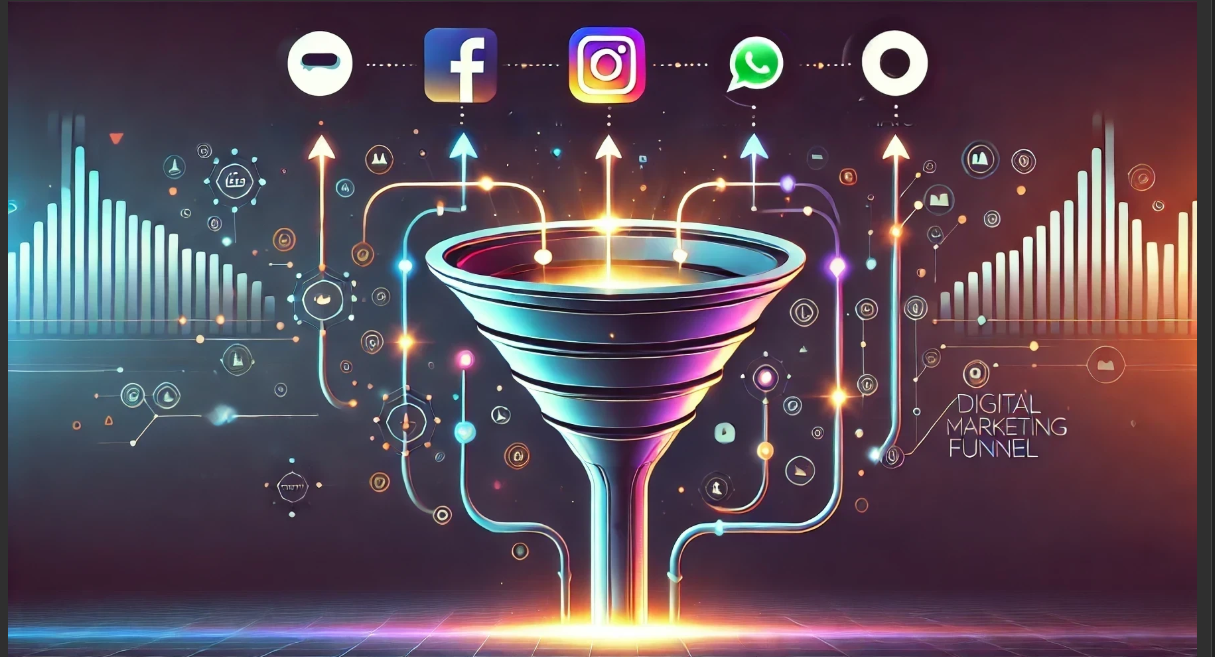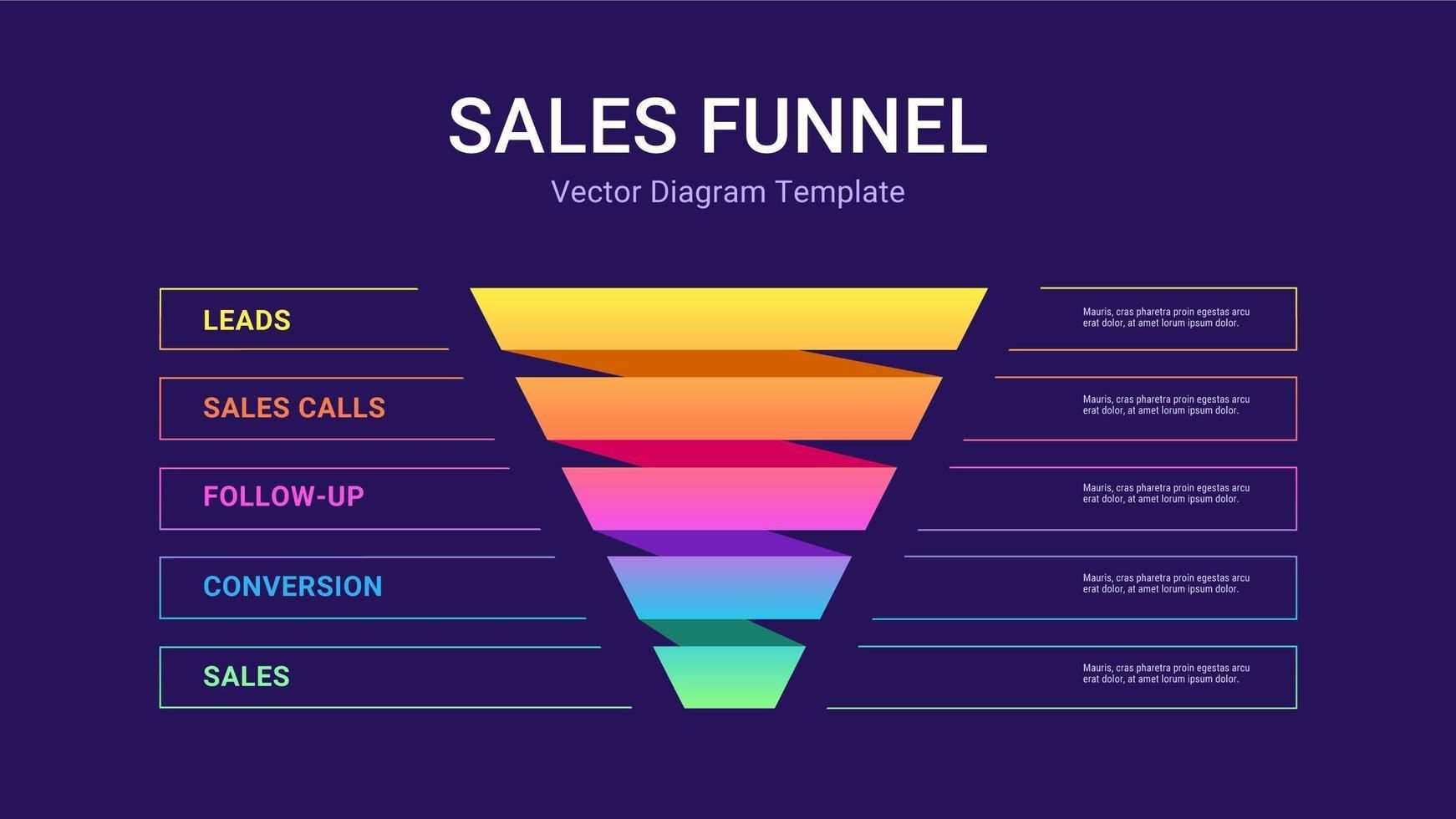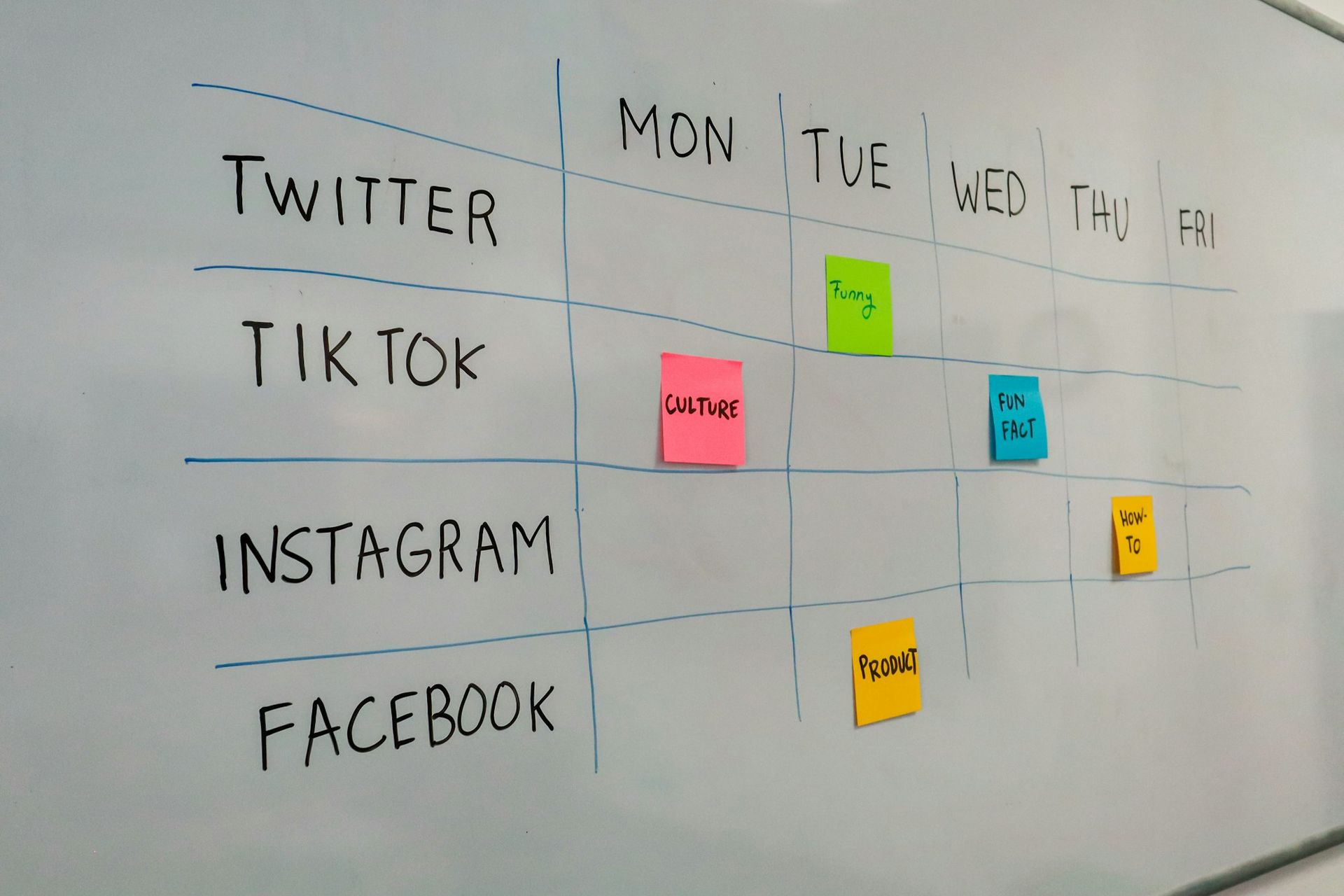5 Best Full Funnel Performance Marketing Integrations for 2025
The Evolution of Full Funnel Performance Marketing
Full funnel performance marketing has evolved from a nice-to-have strategy to an absolute necessity for businesses wanting to thrive in 2025's competitive digital landscape.
Unlike traditional marketing approaches that focus solely on bottom-funnel conversions, integrated performance marketing creates a seamless experience that nurtures prospects from initial awareness through to loyalty and advocacy.
According to HubSpot's 2025 State of Marketing Report, 87% of marketers using integrated marketing platforms report significantly more effective strategies compared to those using fragmented tools. This shift represents a fundamental change in how performance marketing agencies approach customer acquisition and retention.
The key difference between traditional and full funnel performance marketing lies in data integration and attribution. While conventional approaches treat each marketing channel as a silo, modern integrated performance marketing services create a unified view of the customer journey, enabling marketers
Table of Contents
1. Introduction: The Evolution of Full Funnel Performance Marketing
2. What Makes an Effective Full Funnel Performance Marketing Integration
3. The 5 Best Full Funnel Performance Marketing Integrations
- HubSpot Marketing Hub + CRM Integration
- Google Analytics 4 + Google Ads Unified Attribution
- Salesforce Marketing Cloud + Einstein AI
- AnyTrack + Multi-Channel Attribution Platform
- Funnel.io + Cross-Platform Data Unification
4. Implementation Best Practices for Full Funnel Success
5. Measuring ROI Across Your Full Funnel Marketing Stack
6. Frequently Asked Questions
What Makes an Effective Full Funnel Performance Marketing
Before diving into specific platforms, it's crucial to understand what separates exceptional full funnel marketing integrations from basic tool combinations. An effective integrated performance marketing solution must deliver five core capabilities:
Real-Time Data Synchronization
Ensures that customer interactions across all channels are immediately reflected in your marketing database, enabling instant optimization and personalization opportunities.
Cross-Channel Attribution Modeling
Goes beyond last-click attribution to show the true contribution of each touchpoint in the customer journey, from initial awareness through final conversion and beyond.
Automated Workflow Orchestration
Allows marketing teams to create sophisticated nurture sequences that respond dynamically to customer behavior, ensuring the right message reaches the right person at the optimal moment.
Predictive Analytics and AI-Powered Insights
Leverage machine learning to identify patterns in customer behavior, predict future actions, and recommend optimization strategies that human analysts might miss.
Seamless Data Privacy Compliance
Becomes increasingly critical as regulations evolve, with integrated platforms providing built-in tools for managing consent, data retention, and privacy requirements across all marketing activities.
These capabilities work together to create what industry experts call a "performance marketing ecosystem" – an interconnected environment where every marketing action is measured, optimized, and aligned with business objectives.
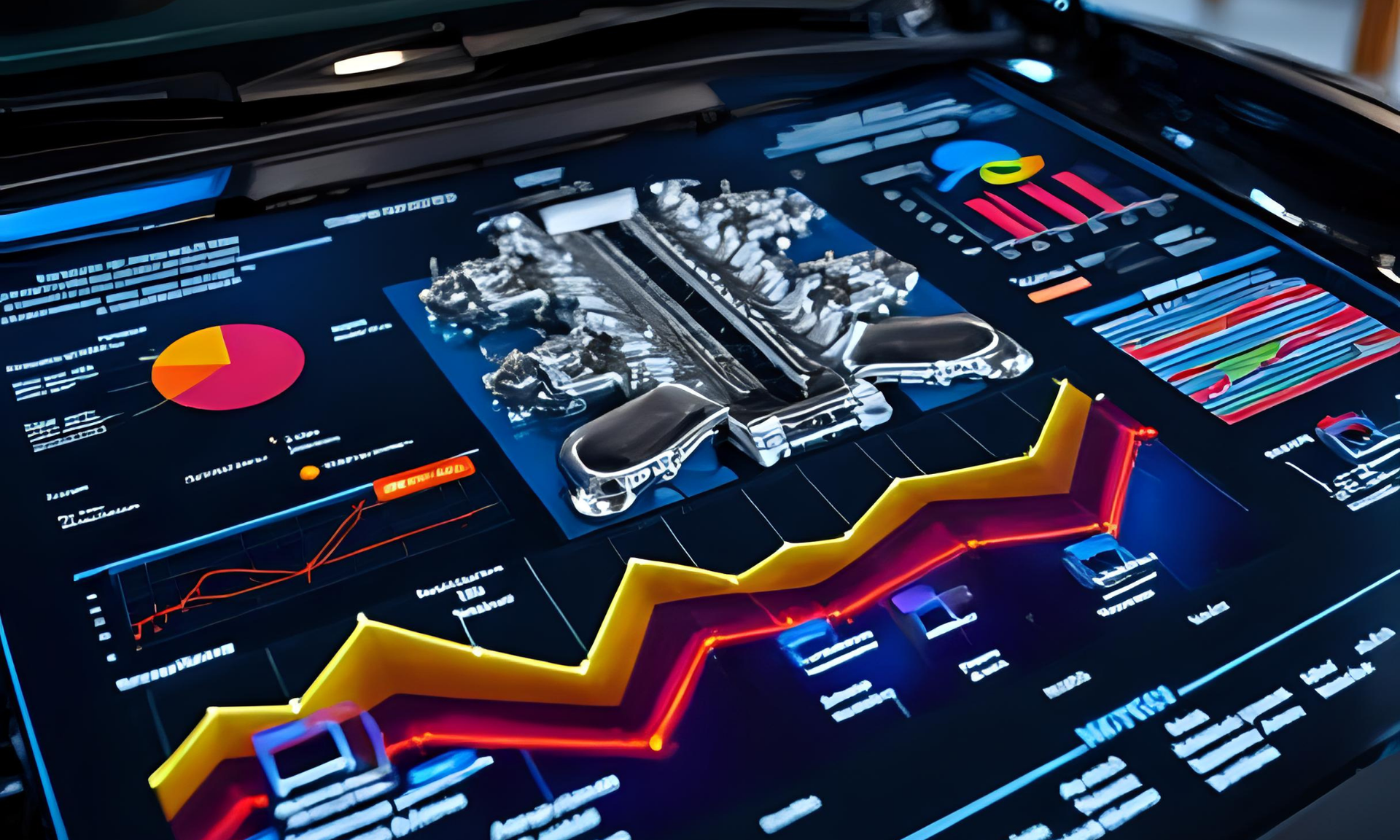
The 5 Best Full Funnel Performance Marketing Integrations
1. HubSpot Marketing Hub + CRM Integration {#hubspot-integration}
HubSpot's integrated marketing platform stands out as the most comprehensive solution for businesses seeking seamless full funnel performance marketing. The platform's strength lies in its native integration between marketing automation, CRM, and sales tools, eliminating the data silos that plague many marketing operations.
Key Features:
- Unified customer database with 360-degree contact profiles
- Built-in attribution modeling across all marketing channels
- AI-powered content optimization and lead scoring
- Automated email sequences triggered by behavioral data
- Native integration with over 1,000 third-party applications
The platform excels at mid-funnel nurturing, where many performance marketing strategies falter. HubSpot's smart lists and workflows automatically segment prospects based on engagement patterns, demographic data, and behavioral triggers, ensuring personalized experiences at scale.
ROI Impact
Companies using HubSpot's integrated platform report an average 37% increase in marketing qualified leads and 25% faster sales cycles compared to fragmented tool setups.
2. Google Analytics 4 + Google Ads Unified Attribution {#google-integration}
Google's enhanced integration between Analytics 4 and Google Ads represents a significant leap forward in performance marketing attribution. The platform's machine learning capabilities provide unprecedented insight into customer journeys across devices and touchpoints.
Advanced Attribution Features:
- Cross-device and cross-platform customer journey mapping
- Data-driven attribution models powered by machine learning
- Enhanced ecommerce tracking with lifetime value metrics
- Audience insights that inform both organic and paid strategies
- Privacy-first measurement using Google's Privacy Sandbox technologies
The integration's strength lies in its ability to connect paid advertising performance with organic website behavior, providing a holistic view of digital marketing effectiveness. This is particularly valuable for performance marketing agencies managing complex, multi-channel campaigns.
Performance Advantage: Advertisers using GA4's enhanced integration report 15-30% improvement in campaign ROAS through better attribution understanding and audience optimization.
3. Salesforce Marketing Cloud + Einstein AI {#salesforce-integration}
Salesforce Marketing Cloud with Einstein AI integration delivers enterprise-grade full funnel marketing capabilities, particularly excelling in B2B environments where complex, long-cycle sales processes require sophisticated nurturing strategies.
Einstein AI Capabilities:
- Predictive lead scoring based on historical conversion data
- Automated send-time optimization for email campaigns
- Dynamic content personalization across all marketing channels
- Churn prediction and retention campaign automation
- Advanced segmentation using machine learning algorithms
The platform's integration with Salesforce CRM creates an unparalleled view of the customer lifecycle, from initial marketing touchpoint through post-purchase advocacy. This comprehensive data foundation enables highly sophisticated performance marketing services that adapt in real-time to customer behavior.
Enterprise Results
Large organizations using Salesforce's integrated platform typically see 40-60% improvement in marketing contribution to pipeline and 20-35% increase in customer lifetime value.
4. AnyTrack + Multi-Channel Attribution Platform {#anytrack-integration}
AnyTrack specializes in solving one of performance marketing's biggest challenges: accurate conversion tracking across multiple channels and devices. The platform's strength lies in its ability to unify data from disparate sources into a single, actionable attribution model.
Advanced Tracking Capabilities:
- Server-side conversion tracking that bypasses iOS 14+ limitations
- Real-time audience building across all advertising platforms
- Cross-domain and cross-device customer journey reconstruction
- Integration with 50+ affiliate networks and advertising platforms
- Advanced fraud detection and traffic quality scoring
For performance marketing agencies managing complex affiliate programs or multi-platform campaigns, AnyTrack provides the granular tracking and attribution necessary to optimize performance at every level of the funnel.
Attribution Accuracy:
sers report 25-40% improvement in attribution accuracy, leading to better budget allocation and 15-25% improvement in overall campaign ROAS.
5. Funnel.io + Cross-Platform Data Unification {#funnel-integration}
Funnel.io addresses the data integration challenge that many performance marketing teams face when working with multiple platforms. Rather than replacing existing tools, Funnel creates a unified data layer that enhances the performance of your entire marketing stack.
Data Integration Strengths:
- 600+ native connectors to marketing platforms and data sources
- Real-time data harmonization and cleansing
- Custom dashboard creation for stakeholder reporting
- Automated data export to business intelligence tools
- Advanced data modeling for complex attribution scenarios
The platform particularly excels in environments where marketing teams use best-of-breed tools for different functions but need unified reporting and optimization. Funnel's approach allows organizations to maintain their preferred tools while gaining the benefits of integrated performance marketing.
Operational Efficiency
Teams using Funnel.io report 60-80% reduction in manual reporting time and 30-50% improvement in cross-channel optimization effectiveness.

Implementation Best Practices for Full Funnel Success
Successfully implementing integrated performance marketing requires a strategic approach that balances technical capabilities with business objectives. Based on analysis of successful deployments, five critical success factors emerge:
Start with Clear Attribution Goals
before selecting platforms. Define what "success" looks like at each funnel stage and ensure your chosen integration can measure and optimize for those specific outcomes.
Implement Gradually with Pilot Programs
rather than attempting a complete overhaul simultaneously. Begin with your highest-value customer segments or most important conversion paths, then expand as you validate the approach.
Invest in Team Training and Change Management
because even the best technology fails without proper adoption. Ensure your team understands not just how to use the new tools, but how to think strategically about full funnel optimization.
Establish Data Governance and Quality Standards
from day one. Integrated systems amplify both good and bad data, so establishing clean data practices before integration prevents major headaches later.
Plan for Continuous Optimization and Testing rather than treating integration as a one-time project. The most successful full funnel marketing strategies evolve continuously based on performance data and changing customer behavior.
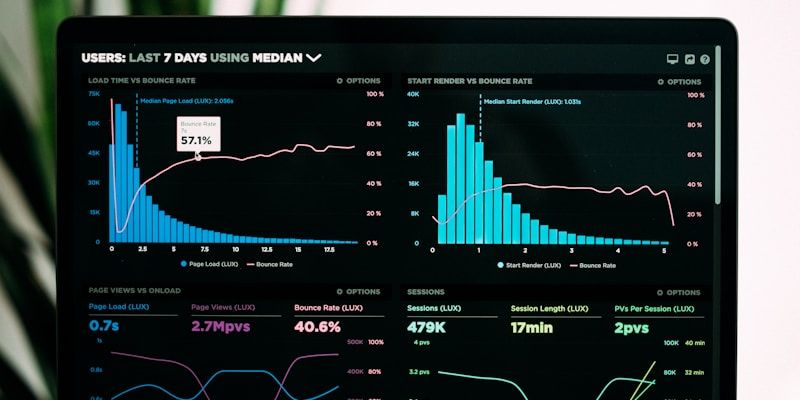
Measuring ROI Across Your Full Funnel Marketing Stack
The true value of integrated performance marketing becomes apparent when you can demonstrate clear ROI improvements across the entire customer journey. Modern attribution modeling reveals that customers typically interact with 6-8 touchpoints before converting, making traditional last-click attribution woefully inadequate.
Key Performance Indicators for Full Funnel Success:
Top-of-Funnel Efficiency
Cost per qualified lead and lead quality scores
Mid-Funnel Effectiveness
Engagement rates, content consumption patterns, and nurture sequence performance
Bottom-Funnel Conversion
Cost per acquisition, conversion rates, and sales cycle length
Post-Purchase Value
Customer lifetime value, retention rates, and advocacy metrics
Leading performance marketing agencies report that properly implemented full funnel strategies typically deliver 25-45% improvement in overall marketing ROI within 6-12 months, with continued optimization driving additional gains over time.
Frequently Asked Questions
What is the difference between full funnel performance marketing and traditional performance marketing?
Full funnel performance marketing integrates measurement and optimization across all stages of the customer journey, from initial awareness through post-purchase advocacy. Traditional performance marketing typically focuses only on bottom-funnel conversions, missing optimization opportunities in awareness and consideration stages.
How long does it take to implement a full funnel performance marketing integration?
Implementation timelines vary based on complexity, but most organizations see initial results within 30-60 days and full optimization within 3-6 months. The key is starting with pilot programs rather than attempting complete overhauls immediately.
What budget should I allocate for full funnel performance marketing tools?
Tool costs typically range from $500-$5,000+ monthly depending on business size and complexity. However, the ROI from proper implementation usually justifies the investment within 6-12 months through improved conversion rates and customer lifetime value.
Can small businesses benefit from integrated performance marketing platforms?
Absolutely. Many platforms offer scaled solutions for smaller businesses, and the efficiency gains from integration often provide proportionally higher value for resource-constrained teams.
How do privacy regulations affect full funnel performance marketing?
Modern integrated platforms include built-in privacy compliance tools and privacy-first measurement capabilities. While regulations create challenges, they also make integrated solutions more valuable by providing compliant ways to maintain marketing effectiveness.
This comprehensive guide was developed by performance marketing experts with over 10 years of experience implementing integrated marketing solutions for businesses of all sizes. For more insights on performance marketing strategies and digital marketing optimization, explore our additional resources.












